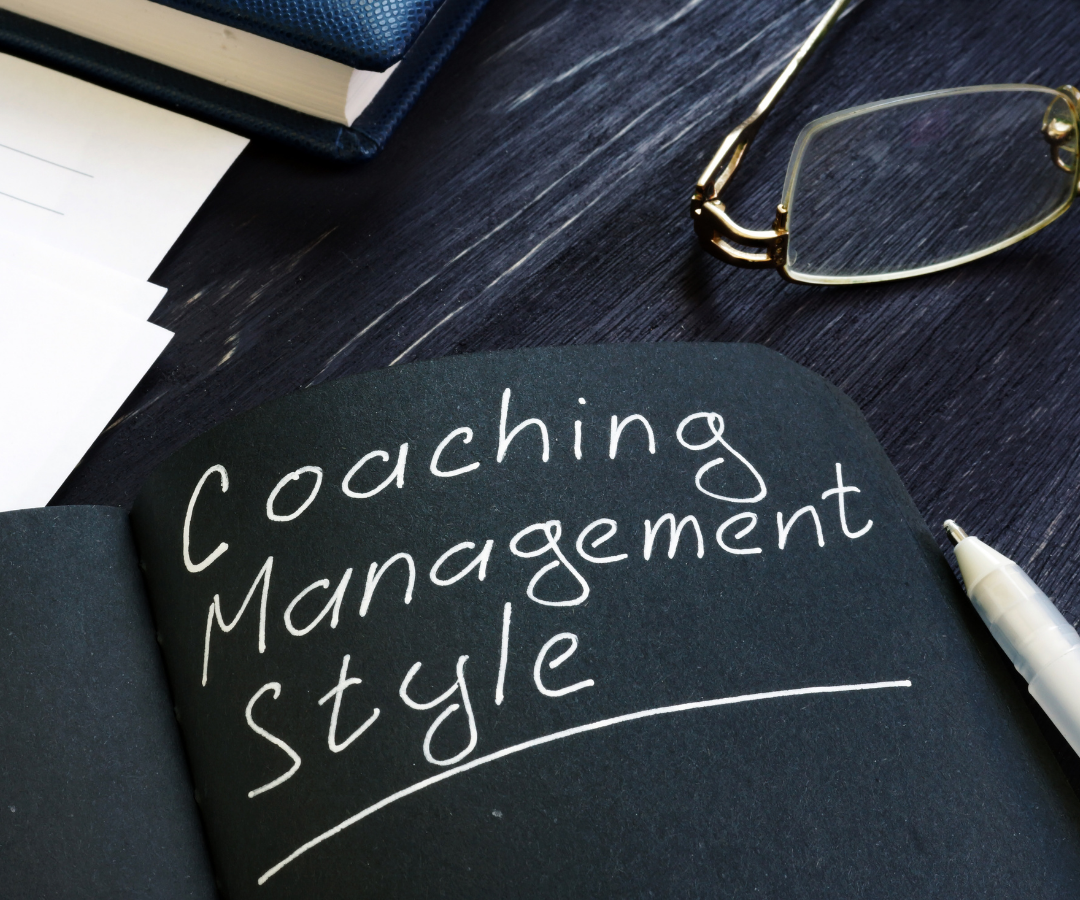We all need help support and guidance when growing scaling or even maintaining our business. We are coaches, and we need coaching. Whoever heard of trusting a coach that doesn’t have a coach?!

Choosing a coach can be tricky. It’s a bit goldilocks, we want the one that’s ‘just right’ but we might need to try several to get to that one! As speakers, authors and coaches, we don’t know everything, and we certainly don’t even what we don’t know. Which is why we must have a guide or three on the journey!
Choosing the person or people that help you, coach you and guide you is important and it’s entirely in YOUR hands. You want the right support for what you need. And your needs are varied — sometimes personal and most times professional as you are running your business.
In the course of getting people to work with us, we don’t say yes to everyone. We help people choose whether we are the right coaches and mentors that they need for the problem that’s shown up. We know people find that so valuable, so what follows is a recipe for you to identify and find the help you need, when you definitely can’t do ‘it’ by yourself.
We’re going to help you do this by giving you some things to consider and some questions to ask — yourself and your prospective coach.
There are three core areas you need to think about — and then a set of questions to ask and answer so you have clarity on what you actually want!
- What’s the need?
- Who or what has the need?
- What kind of coach or coaching is required?
- What questions do you need to ask yourself?
- What questions should you ask the coach?
First: Establish if it really is coaching that’s needed?
You know you need something to help the business, or you progress. BUT is it coaching you need — or is it an outsourced element or even training?
We like to say this: “there’s you and there’s your business — you serve your business, the business serves you”. Coaching serves to help you or your business progress SO first off, you need to decide ‘who’ needs the coaching!
- is it for you? (mindset / motivation / performance/accountability)
- is it for the business (a specific element e.g. marketing or sales)
The second part of this is the other thing that we say often:
Is it REQUIRED (ie can’t move on without it) or is it DESIRED (ie we’d like it but could potentially go on without it) — this is partly about the URGENCY.
So, think about your issue in the above contexts before you read on. Is the coaching for you, or for the business and what is the urgency on getting resolution?
Second: What kind of coaching are you looking for?
Coaching comes in many forms — as we know it’s a spectrum that varies in it’s intensity and the style and format. Peter Hill way back defined one simplistic way to look at coaching, which may help you understand what kind of coach you might need (or LIKE?!) next:
He defined the opposite styles of coaching as ‘Directive/Pushing’ vs ‘Non-Directive / Pulling’. That’s about the responsibility you are willing to take, but also about the knowledge that you might have or not about your given issue. That helps you to start defining who might be right for you. Ask yourself:
- What qualities do you need in your coach?
- What do you know about yourself and how you best are influenced?
- What will work best for you?
Do you prefer to be pushed along — or do you prefer to be pulled into understanding? To help you a little more, here’s the spectrum:

This IS about where responsibility lies, but it’s also about how to get the best results out of you. You might be a highly responsible person who just likes a sounding board; you might just need some input because you don’t know what you don’t know — more of a mentoring relationship. OR you might just want some accountability or performance support. So, the first thing to do is to get REALLY CLEAR — what is the outcome you want from your coaching?
Third: What style of coaching do you need?

Who you are, affects the kind of coach or style of coaching you choose. Your personality, behaviours and results all play their part in who you end up choosing. It’s a chemistry fit. You are building a relationship. It has to be one that is viable for both of you. So think about what will most serve you. Again, this may be different for different contexts — for example you might have a mindset coach that is very connected and free flowing, allowing you to expand more, focused on channelling and opening you up to creativity; and you might have a physical training coach that is more directive and accountability led, with a focus on discipline and doing. Here are some considerations and opposites to help you choose:
- Structure vs informality
- Personal support vs professional progression
- Accountability vs Soundboarding
- Challenging vs supportive
- Connected vs Directive
- Counselling vs Mentoring
Hopefully, you are beginning to understand just what kind of coach or support you are looking for.
Fourth: Questions to ask yourself and to ask your prospective coach
Here’s a non-exhaustive list to ask yourself around the kind of issue you have and the person you need to help you next. It should give you some clarity and help you make some decisions about who to look for:
- What do I need a coach to help me (or my team) do (or undo?!)
- What result am I expecting from the coaching?
– Do I want to be able to something new?
– Do I want to be able to do something I know how to do better or more efficiently?
– Do I want someone to motivate me? (accountability)
– Do I want someone to inspire me? (give me ideas, lend me some creativity?)
– Do I want to learn more about a subject (or take advice — is it more of a mentor?
- What’s my budget?
- How long do I need support for — short term ? a year?
- What do I need to hear to know this is the right coach for me?
- What’s the ROI I’m looking for?
And then once you’ve decided that, here are some questions to ask your coach before you engage them. These will help you establish which coach or mentor to choose.
- What’s important to you? (establish a values fit)
- Who have you worked with that is like me?
- Who is your ideal client and why?
- What results are you promising?
- Can you refer me to a couple of clients that I can speak to?
- How would you describe your coaching style?
- Who did you training with / what methodologies do you use?
- What is your background / story?
- What makes me a good fit for your coaching?
- Can I try before I buy in? (do they offer a 1 hour session)
Summary: Choosing a coach comes down to a lot of different factors.
Sometimes we need a 121 relationship, sometimes it’s more of a group thing. We (Kelly & Helena) are a little chalk and cheese in our approach to coaching, guiding, mentoring and consulting! We set up our group membership Changemaker Central as a way for people to get the coaching and guidance they need to really set up, run and grow a speaker, author, coach business ON YOUR TERMS. We know what’s needed to do so because we’ve been on both sides, in service and support of, and also being speakers, authors and coaches ourselves.
We have a consultant-coach approach, a sort of two for the price of one. As one of our ChangeMakers said recently, when asked by her partner — ‘Is it hard to be coached by two different people?’ She said no, that actually the different perspectives just end up meaning you get more. So it might be that what you need is a programme that offers you more perspectives and approaches. It all comes down to deciding:
- What you need coaching on
- How urgently you need it (is it wanted — building/scaling or needed — repair/re-building)
- The timing and budget
- The experience and expertise offered
- The desired ROI
Your decision still comes down to your own choosing, but know that you can (and should) still treat this like you would any ‘job’ you are getting in. Get three quotes. Take your time. Understand your needs. It has to be On Your Terms.
